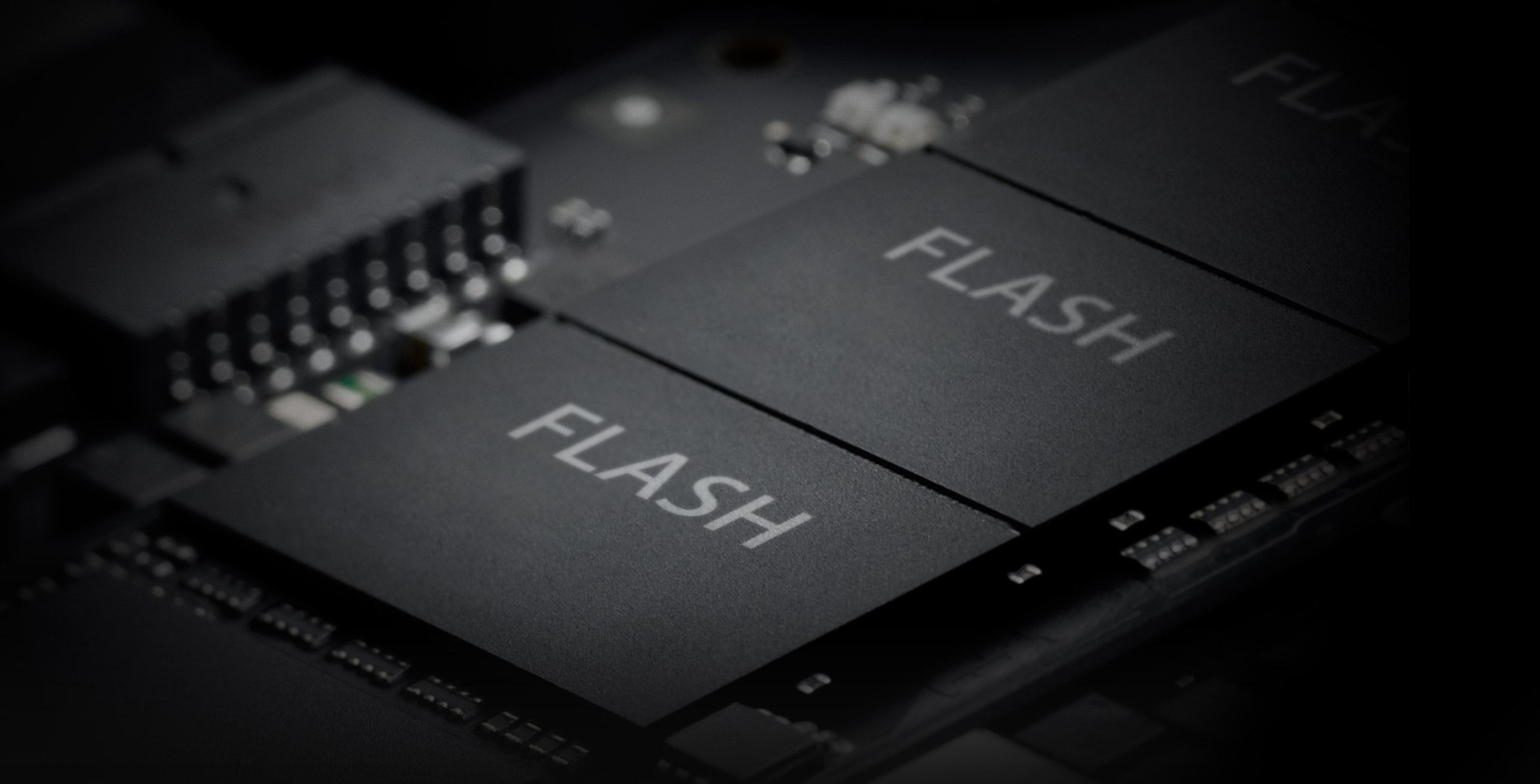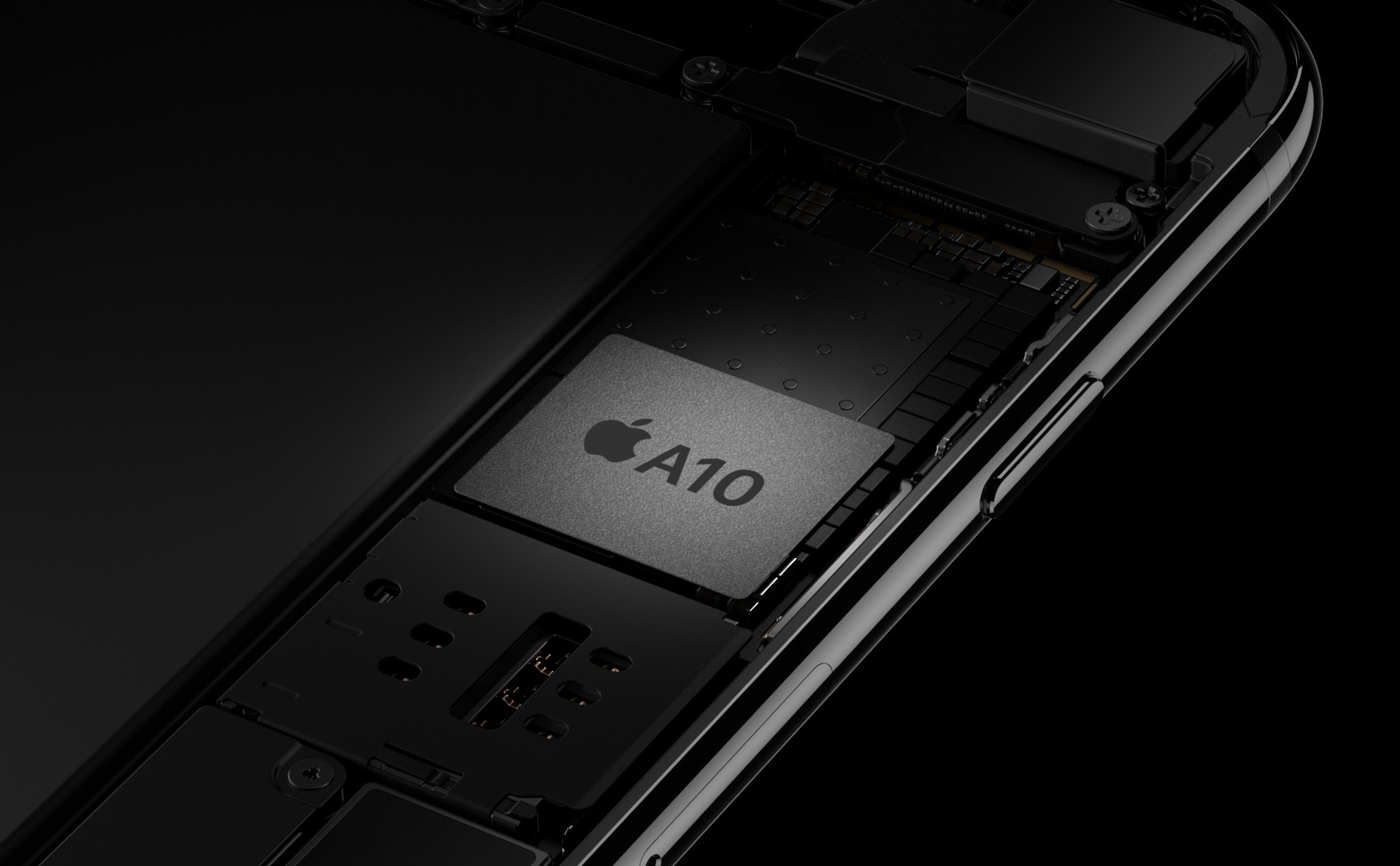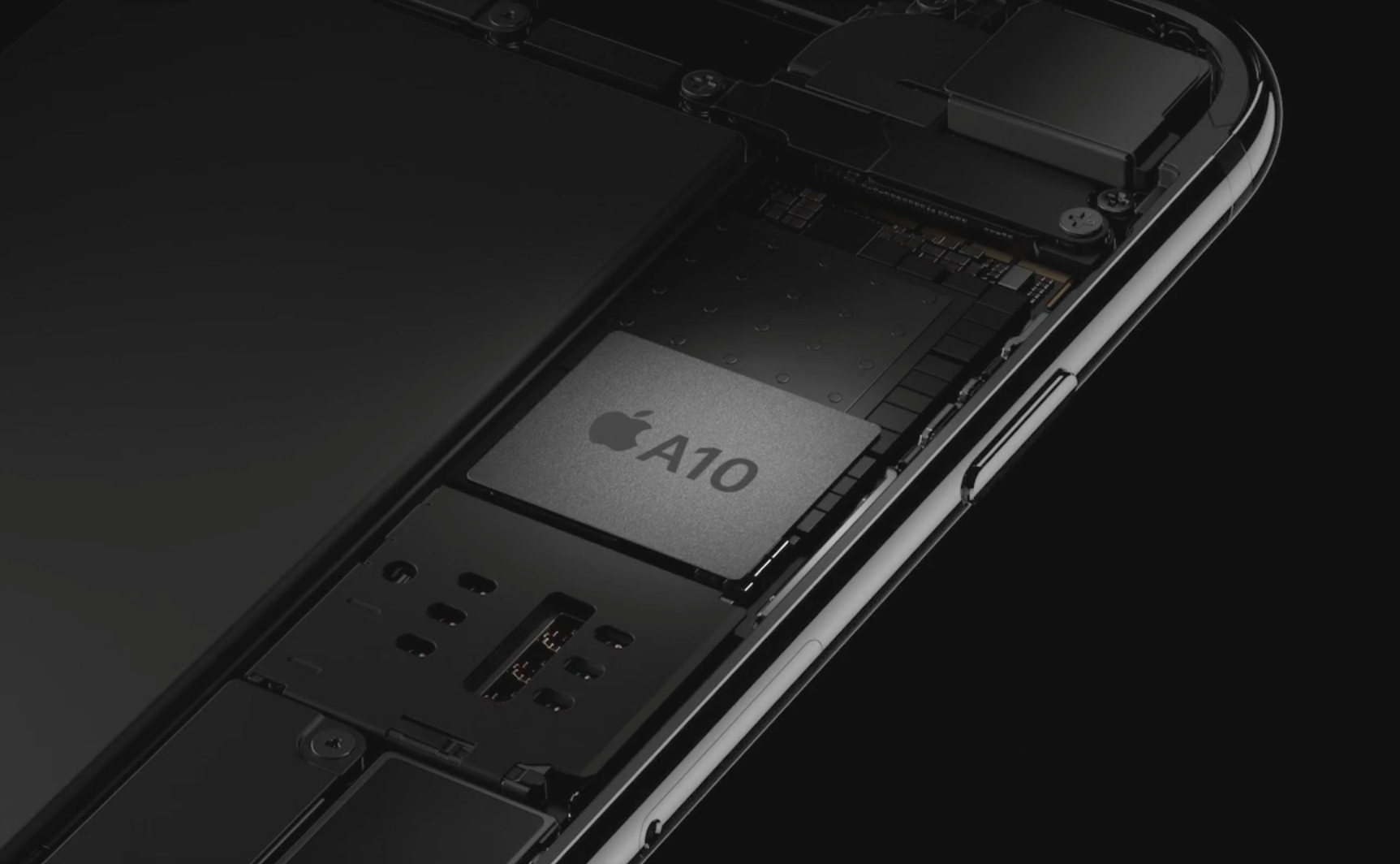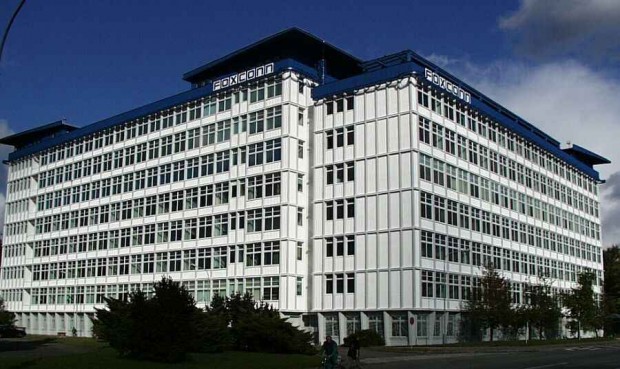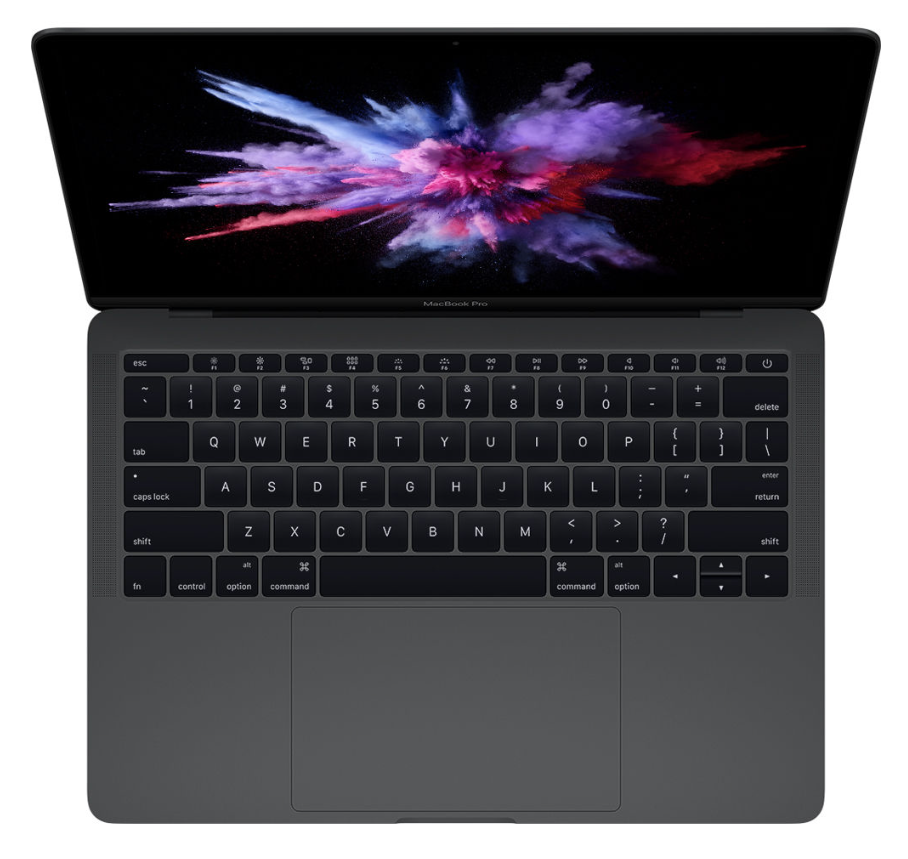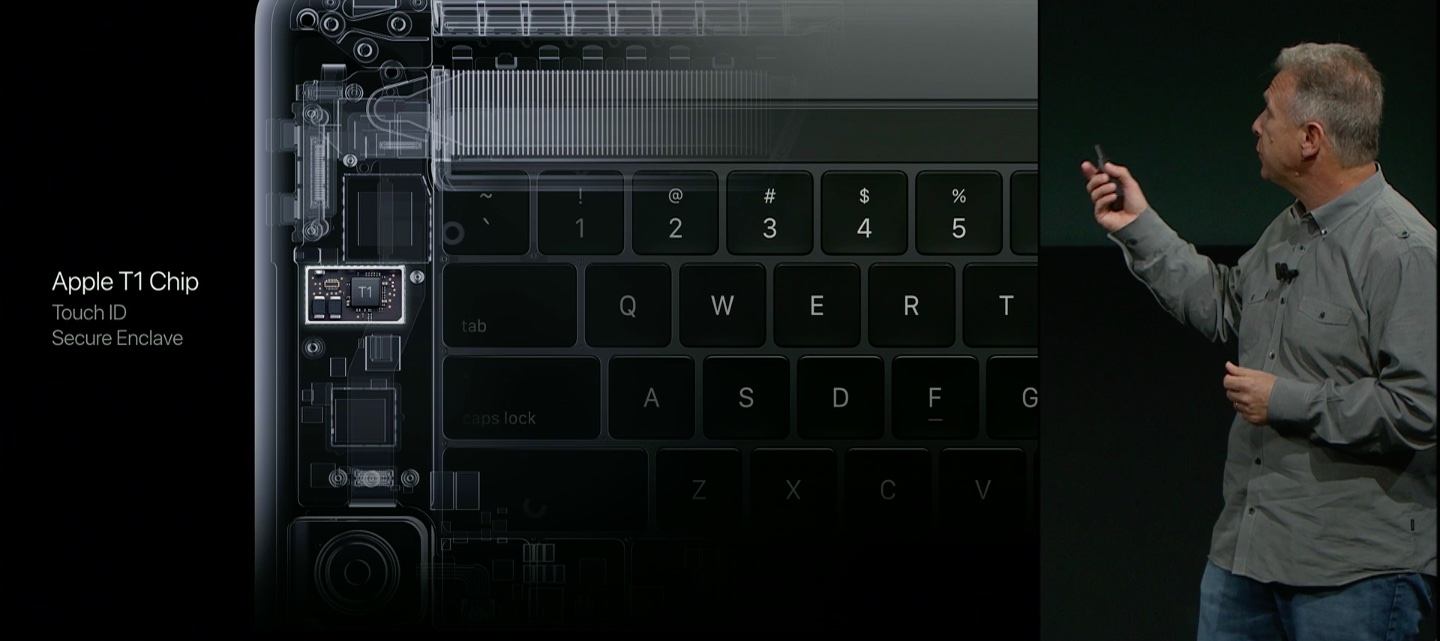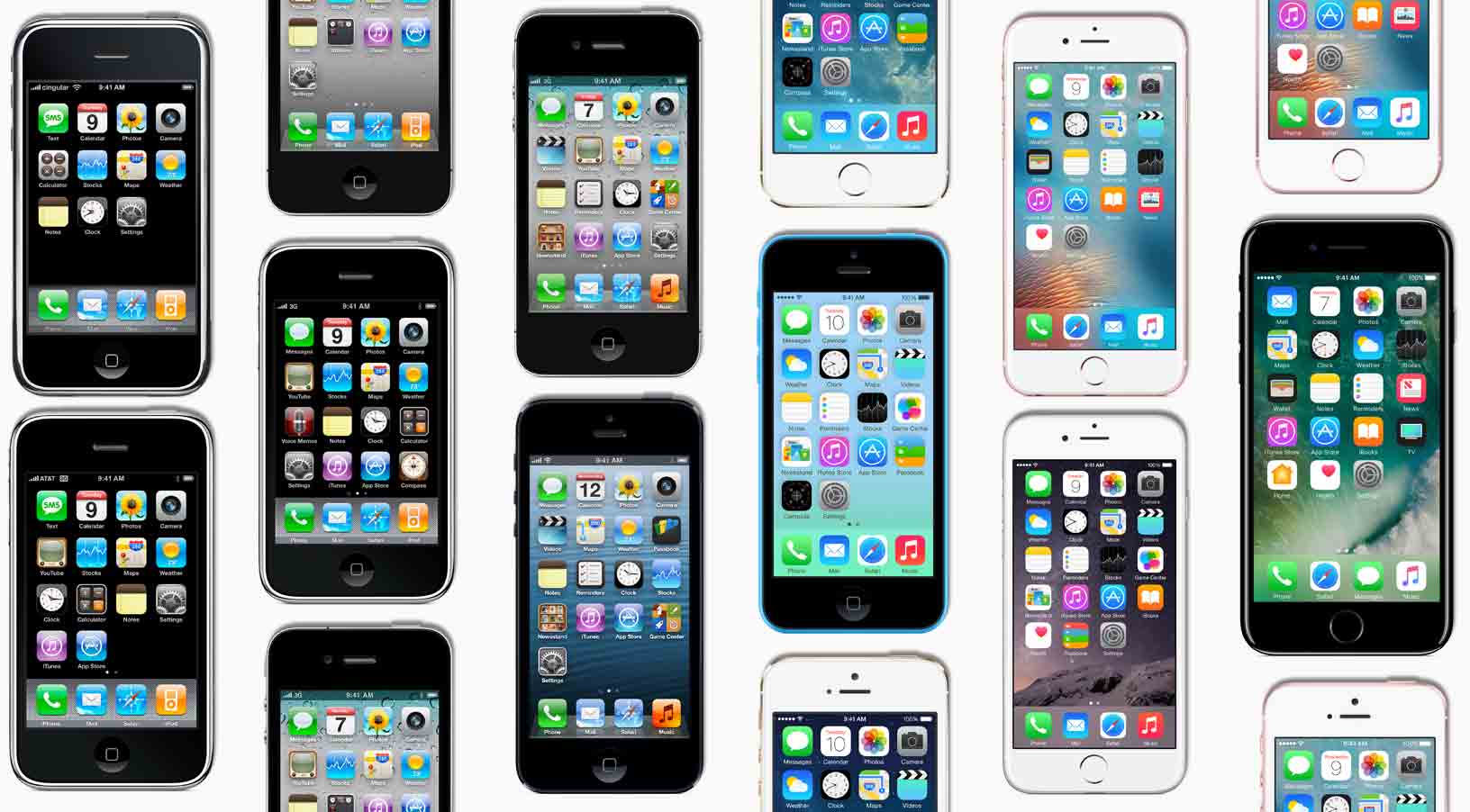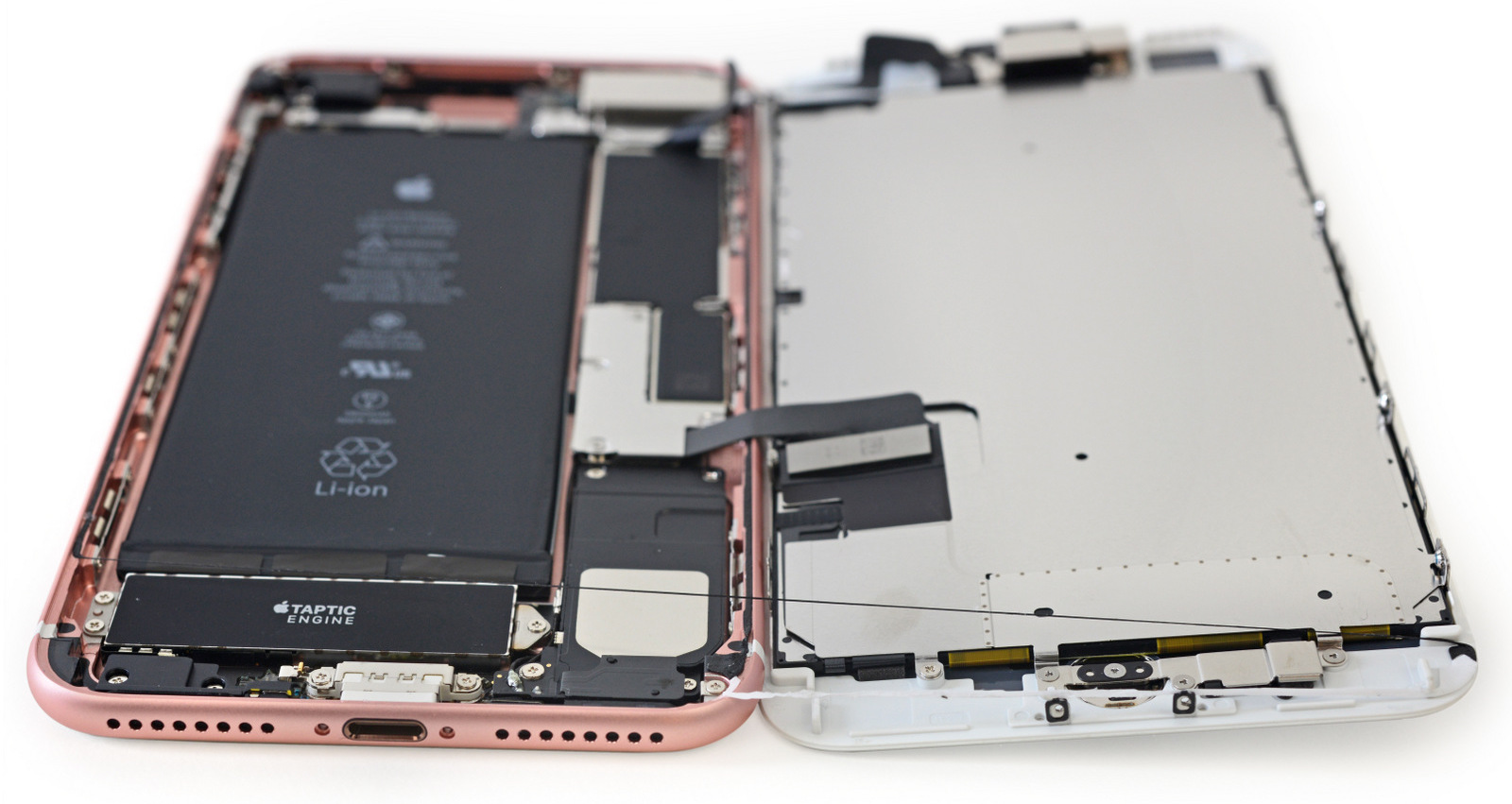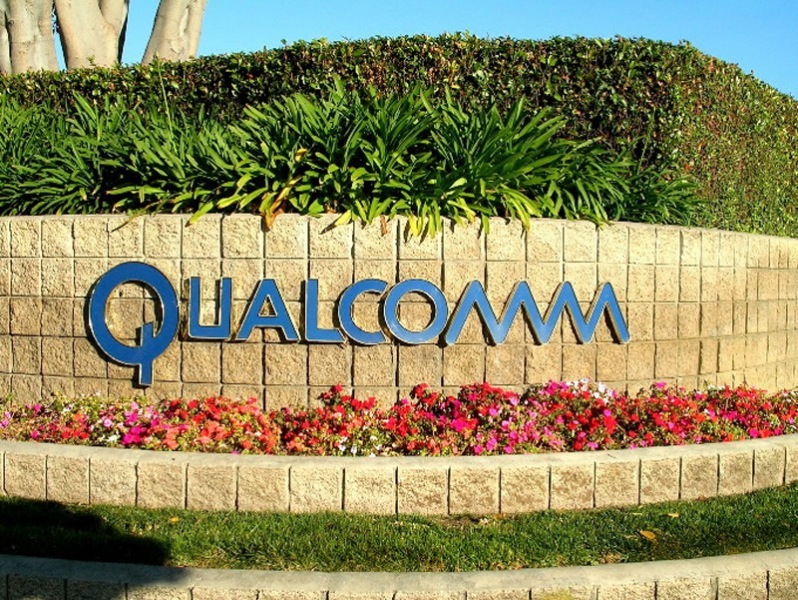Although Toshiba saw strong overall results from its HDD/SSD business in 2016, it's spinning off the lucrative NAND flash unit into a separate company. It's a last-ditch effort to plug a gap after the firm reported a heavy one-off $6.3 billion loss in December 2016, prompting its chairman to resign.
Korean Herald cited yesterday's report in Yomiuri Shimbun Daily claiming that Apple, Amazon and Google are engaged in a bidding war to acquire the Japanese giant's NAND flash unit. A very diverse conglomerate, Toshiba is Apple’s top supplier of memory chips for iOS devices and files as the second-largest flash chip maker in the world after Samsung Electronics.
